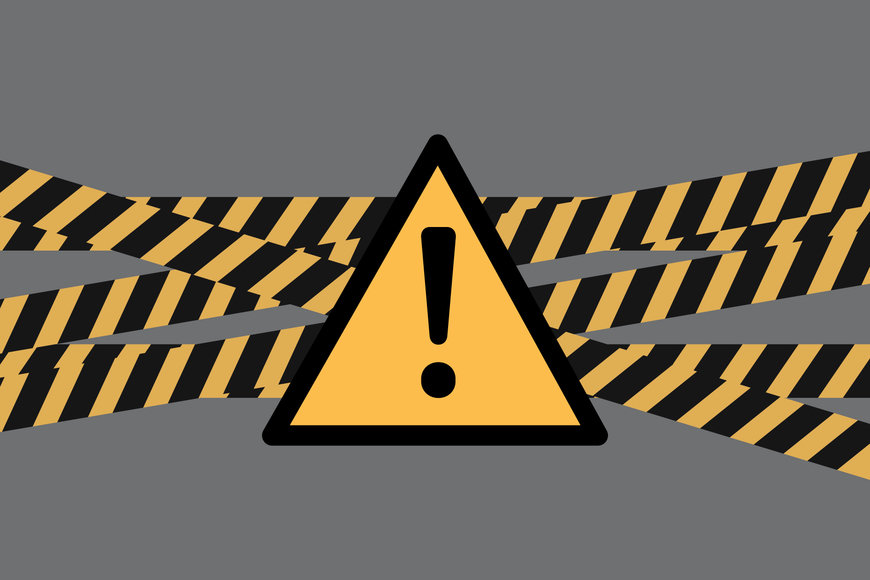Plan for a Crisis Before You are in One
You’re at your desk in what seems like another routine day when your phone rings. One of your people breathlessly tells you about a major issue that has just come up that threatens to quickly escalate out of control, and could, if not handled properly, have a devastating impact on your business. Or worse: when you pick up the phone, it’s a journalist on the line, asking you pointed and uncomfortable questions about a situation that, until that very moment, you had no idea existed.
These nightmare scenarios repeat themselves almost daily in a business somewhere in our country. A crisis can happen at any time, to any company – large, small or somewhere in between – and often when you least expect it.
A crisis can result from almost any adverse event that you can imagine (and many that you can’t!). An injured employee or visitor. Suspected financial malfeasance. Product issues (a defect possibly, or maybe even as a result of intentional misuse by a consumer). Negative media coverage – whether justified or not. A rumor about your firm that goes viral on the Internet. A fire. A robbery. A high-profile sexual harassment or workplace violence case – do I need to go on?
In our time in business, we’ve handled a multitude of crisis situations for our clients – in healthcare, manufacturing, consumer products, B2B services – you name it. It’s safe to say we’ve earned our stripes by helping many a client to weather some very turbulent, sometimes raging storms. This experience has taught us quite a few important lessons, the most valuable of which is: The best crisis management cases are the ones you never hear about.
Mostly, the reason you never hear about them is that the company (and most likely their PR agency) realized in advance that a crisis can happen to anybody, and at just about any time, and they were well-prepared for how to act and respond when it inevitably did happen.
So the main take-away I’d like you to grab hold of from this post is to not wait for a crisis to occur. Put a solid crisis management and communication plan in place now, during the calm before the storm, when rational thought is realistically possible and most likely to prevail.
But knowing human nature, it’s likely that, although many of you who’ve made it this far in this post are in agreement, the idea of adding a project like this that seems so unfamiliar and time consuming to your plate is (in a word) daunting.
Ok. I get it. You’re too busy doing business and making money to consider developing a crisis management and communication plan. My recommendation would be then to delegate it to your seasoned PR people. We’ve done this before. We know the questions that need asking, the systems and procedures that need to be put in place, and the decision tree that would prove so very valuable in the event of a crisis. We know how to work closely with attorneys, C-suite executives, human resources management, regulatory agencies, and your other stakeholders to efficiently develop and publish an effective action plan.
Still reluctant? How about, at the very least, moving ahead with these three easy-to-implement tactics and strategies:
- Start listening. It’s 2017, and potentially damaging information can be on the Internet and spread virally around the globe before you finish your first cup of coffee. For that reason, I strongly recommend you put a proactive Social Listening strategy in place. This is often your “early warning system,” alerting you to a potential issue, hopefully before it blindsides you. Do this now. Even in the absence of a crisis, there is tremendous value in knowing what is being talked about on social media and other Internet sites regarding your company.
- Publish a Media Policy. If you don’t already have a company-wide policy to guide your employees about how to deal with a journalist’s questions and inquiries (they need to know how to deflect those inquiries to the proper person), and to proscribe them from speaking to the media about company business, you need to do that now. Nobody should speak for you or your company except for you or specifically-designated trained professionals. As well-meaning and loyal as employees can be, and as helpful as they may want to be, they can’t possibly know all of the ins and outs of a crisis situation. Consequently, they are likely to cause more harm than good. It’s your job to handle all media inquiries, just as it’s your job to intimately know and effectively convey your company’s position, and to make sure your organization speaks with one, consistent voice.
- Choose your quarterback. Who within your organization will be most likely to keep their head about them, to think rationally, to be available to you (and potentially to customers and the media) and to be able to speak authoritatively on behalf of the company? That person may be you, or it could be someone else within your senior leadership. Regardless of who it is, they need to prepare for “game day” and be ready for action at a moment’s notice (we help our clients with that as well).
Keep in mind that every action you take in a crisis is magnified tenfold. Managing your organization’s reputation is always “Job One.” Be prepared. This is especially critical in a crisis situation. Remember the words of Warren Buffet who once said, “It takes 20 years to build a reputation and five minutes to lose it.”
If you’re interested in learning more about crisis planning and our process, please shoot me an email at jlonsdorf@randjsc.com




















































































